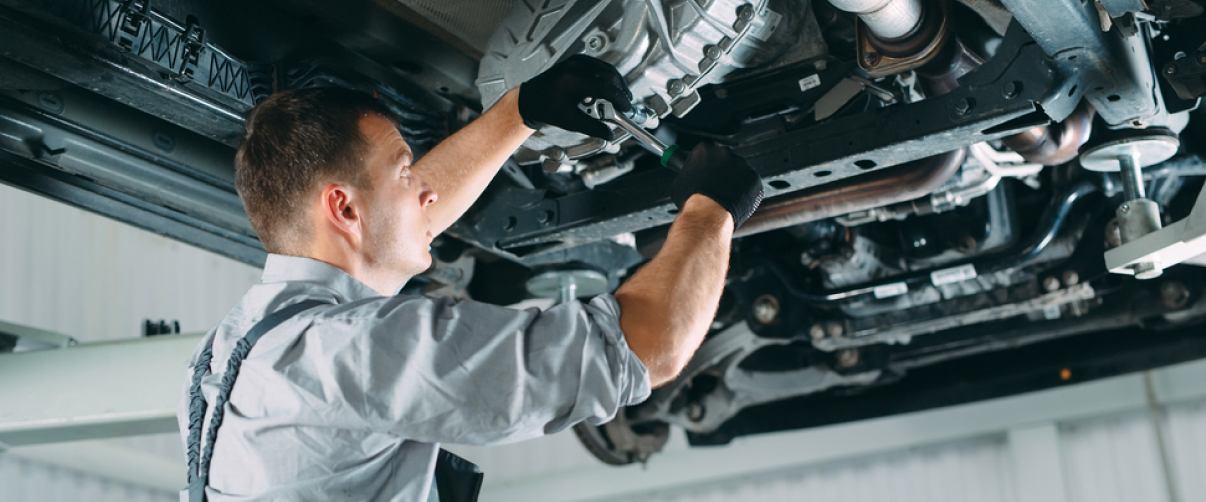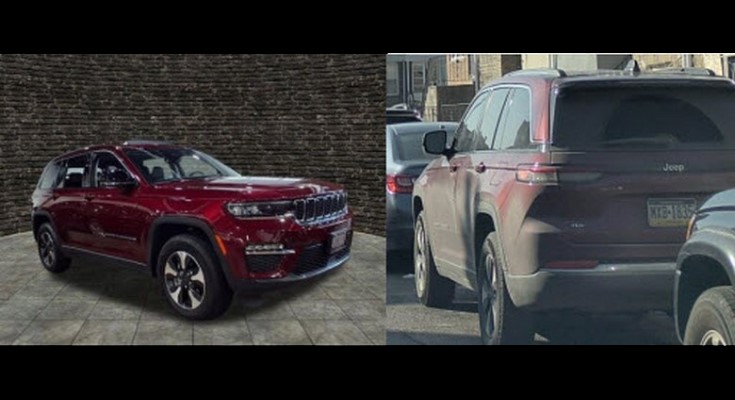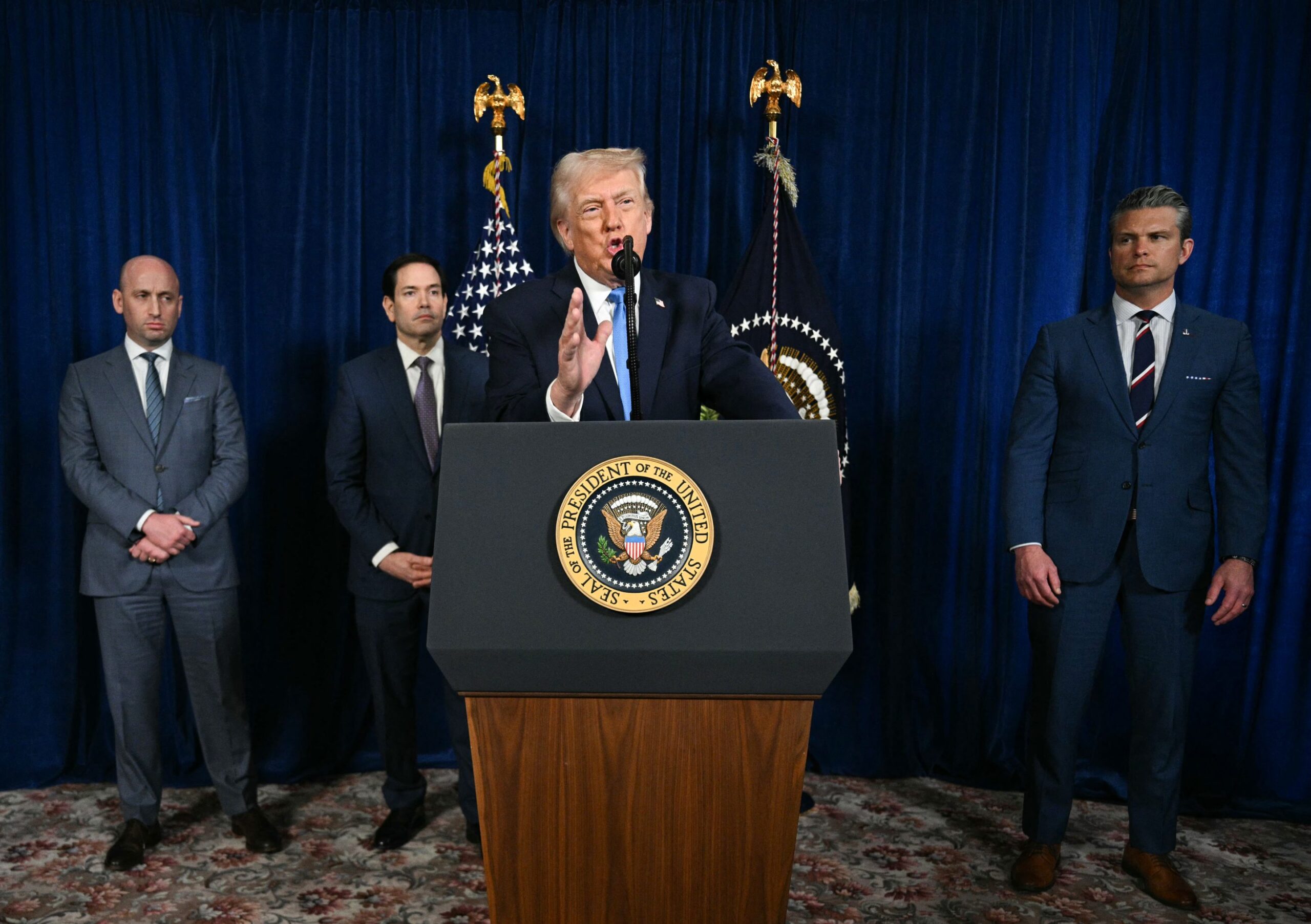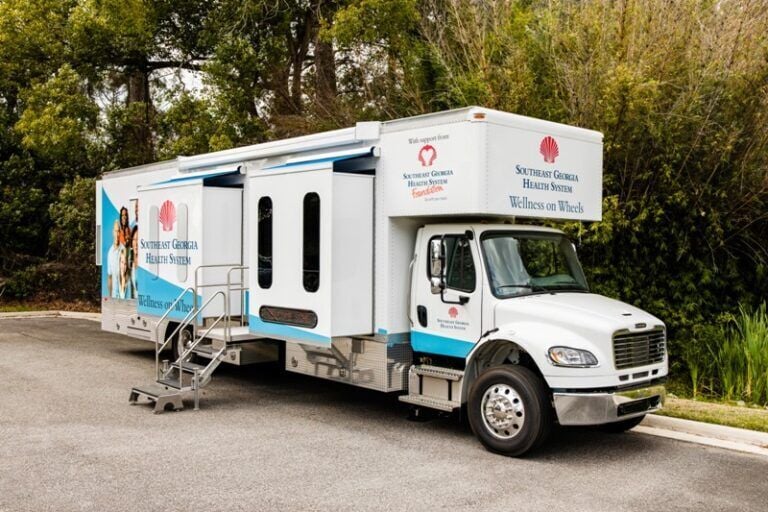Buying a used car can be a smart investment, offering you great value for your money. However, it also comes with its own set of risks. One of the most crucial steps before sealing the deal is getting a pre-purchase inspection (PPI) by a qualified mechanic. This comprehensive examination can save you from unexpected expenses and provide peace of mind about your purchase.
Pre-Purchase Car Inspection: Why It’s a Must Before Buying a Used Vehicle

What Is a Pre-Purchase Inspection?
A pre-purchase inspection is a thorough evaluation conducted by a certified technician to assess a vehicle’s overall condition. It covers various components of the car, including the engine, transmission, brakes, suspension, tires, and electrical systems. The goal is to identify any existing or potential issues that might not be immediately visible to an untrained eye.
Uncover Hidden Problems
A PPI helps identify any signs of damage or potential problems, enabling you to make an informed decision. Issues like engine leaks, transmission troubles, or worn-out parts can be expensive to fix if not caught early.
Save Money in the Long Run
While a PPI involves an upfront cost—typically ranging from $100 to $200—it can potentially save money by identifying issues that could be used to negotiate a lower price or decide against the purchase if the problems are severe.
Peace of Mind and Safety Assurance
Knowing that a professional has evaluated the car gives you peace of mind regarding the vehicle’s condition. It ensures there are no hidden safety concerns that could put you or your loved ones at risk.
Negotiation Leverage
The findings from the inspection can serve as a powerful tool during price negotiations. If the vehicle has issues, you can negotiate repairs or a lower price with the seller.
Avoid Future Costly Repairs
By addressing issues early, you prevent them from turning into more significant, more expensive problems down the line.
How to Get a Pre-Purchase Inspection
- Choose a Qualified Mechanic
It’s essential to select a certified mechanic or auto specialist, preferably one who specializes in the brand of the vehicle. ASE-certified technicians are recommended due to their standardized training and expertise.
- Explore Different Inspection Services
Various sources offer PPIs, including brand specialists, mobile inspection services, national retail chains, local mechanics, and AAA or Auto Club facilities. Some dealerships may allow you to take the car to an independent mechanic for inspection.
- Understand What the Inspection Covers
A typical PPI involves a safety check, reviewing the vehicle’s history, and an evaluation of the engine and mechanical systems. A test drive may also be conducted to assess functionalities like steering and brakes. The mechanic will use diagnostic tools to assess the vehicle’s overall condition and identify any hidden issues.
Common Mistakes to Avoid
- Skipping the Inspection to Save Money
One of the biggest mistakes buyers make is skipping the inspection to save money. This short-term saving can lead to long-term expenses if the car has undiscovered issues.
- Relying Solely on the Seller’s Claims
Do not depend entirely on the seller’s assurances about the car’s condition. A professional inspection provides an unbiased assessment and can reveal problems that might not be immediately visible.
Conclusion
Investing in a pre-purchase inspection is a wise decision that can save you from costly surprises and provide confidence in your used car purchase. It’s not just an additional cost but a valuable investment in safety and peace of mind. Before finalizing your next car purchase, ensure you have a trusted mechanic thoroughly inspect the vehicle—it’s a step you won’t regret.











